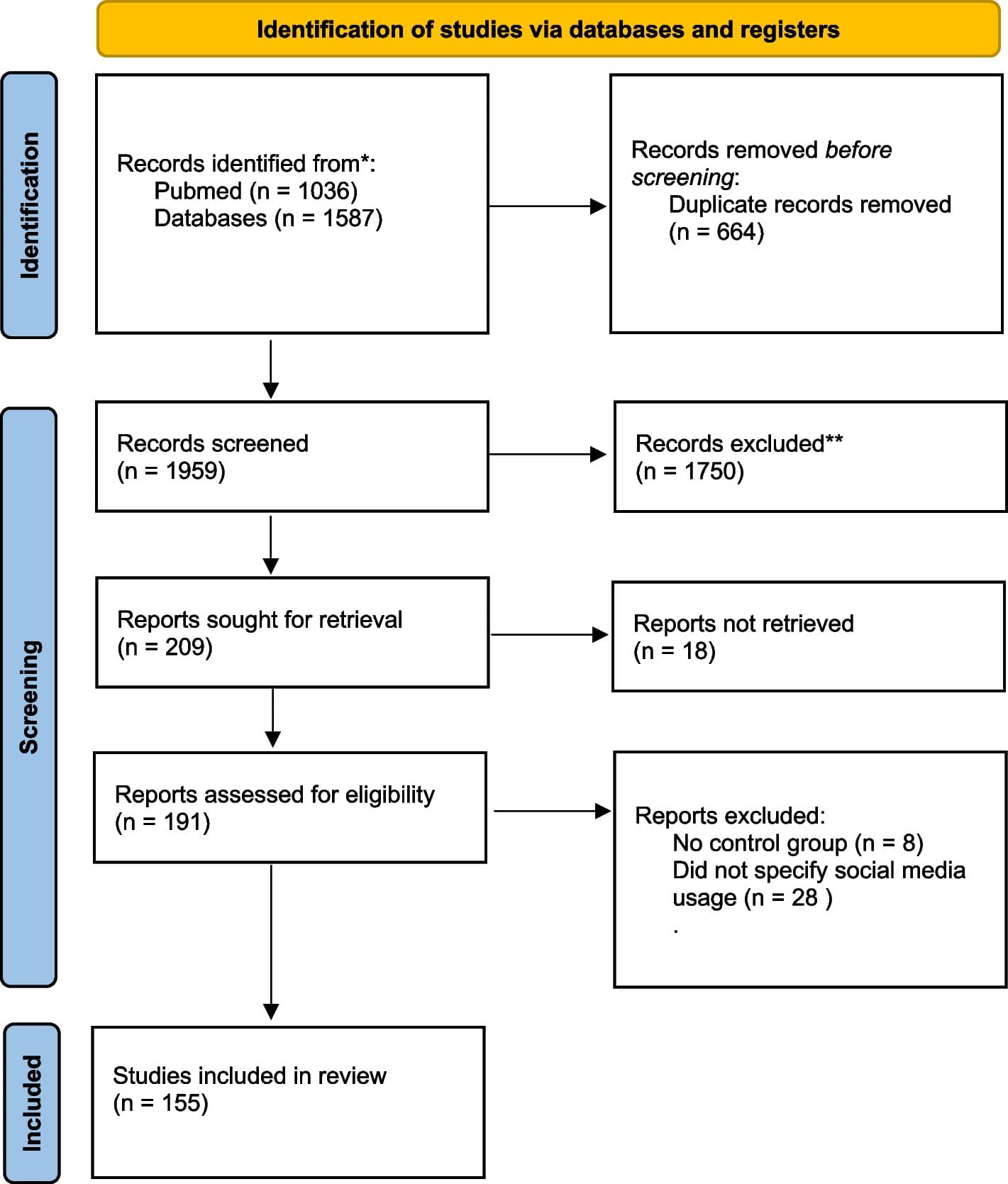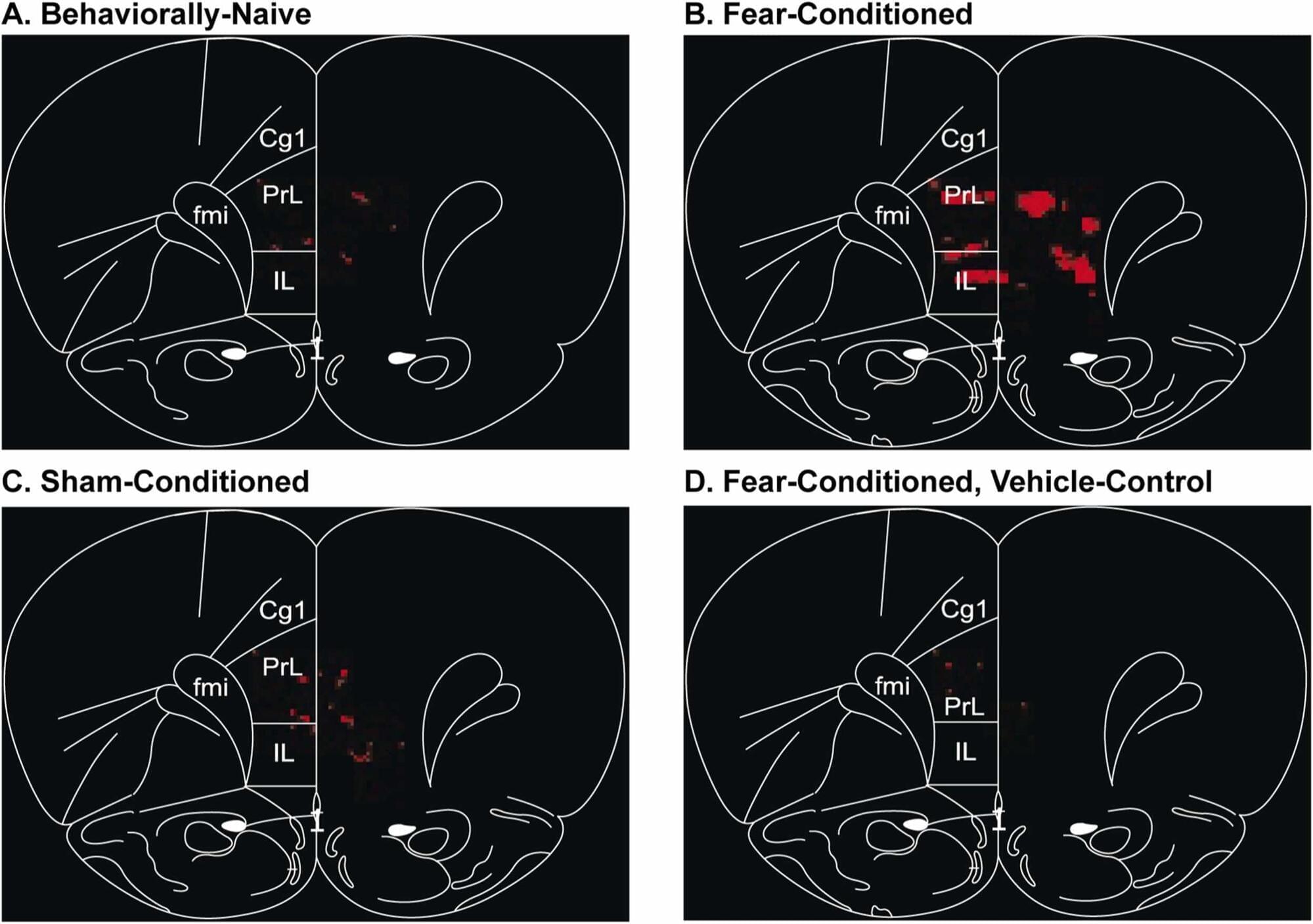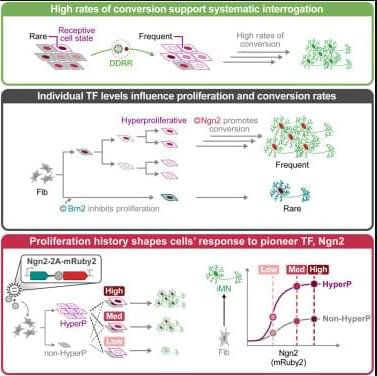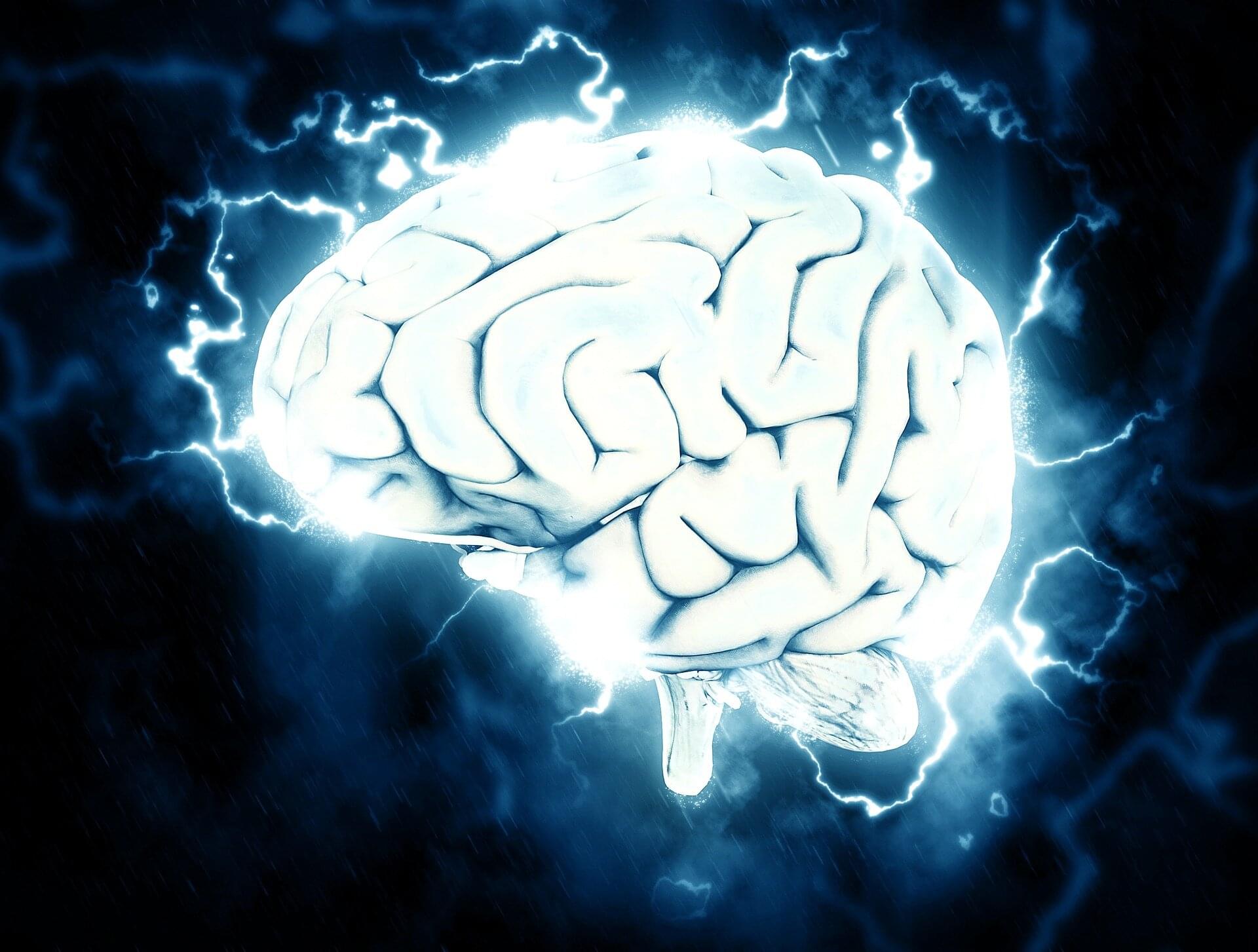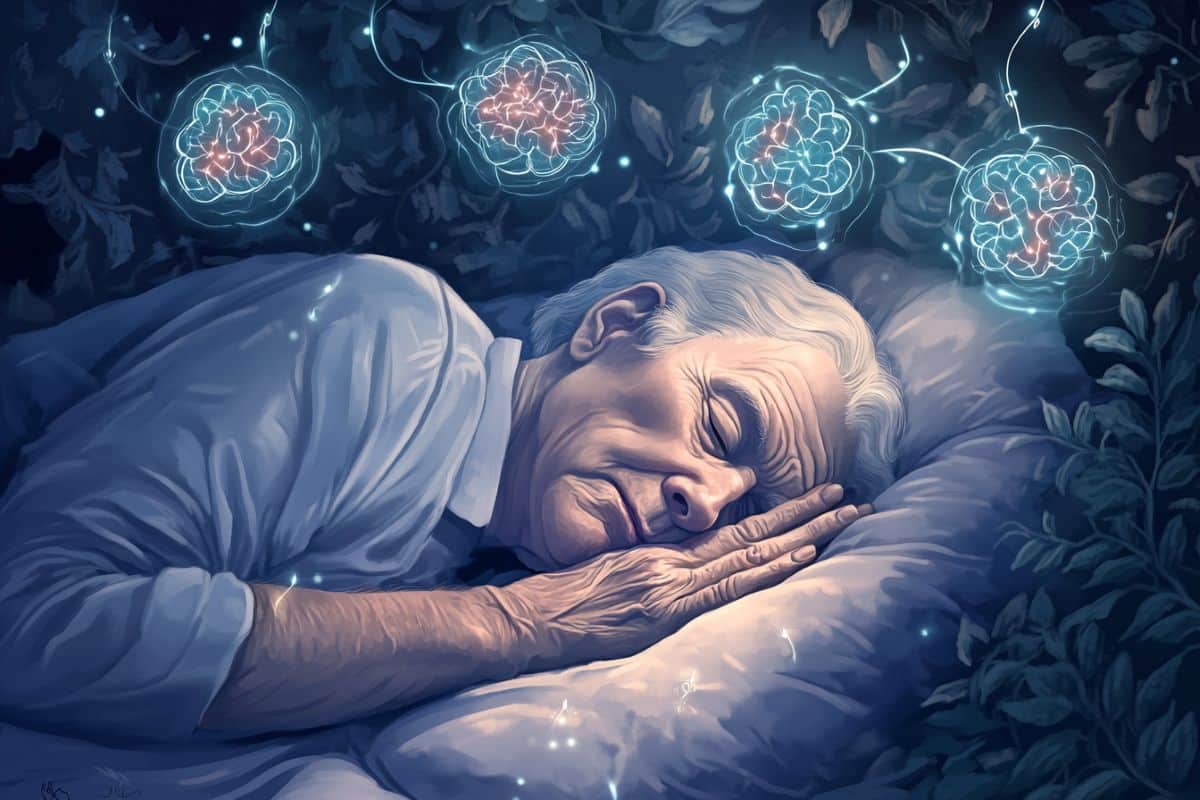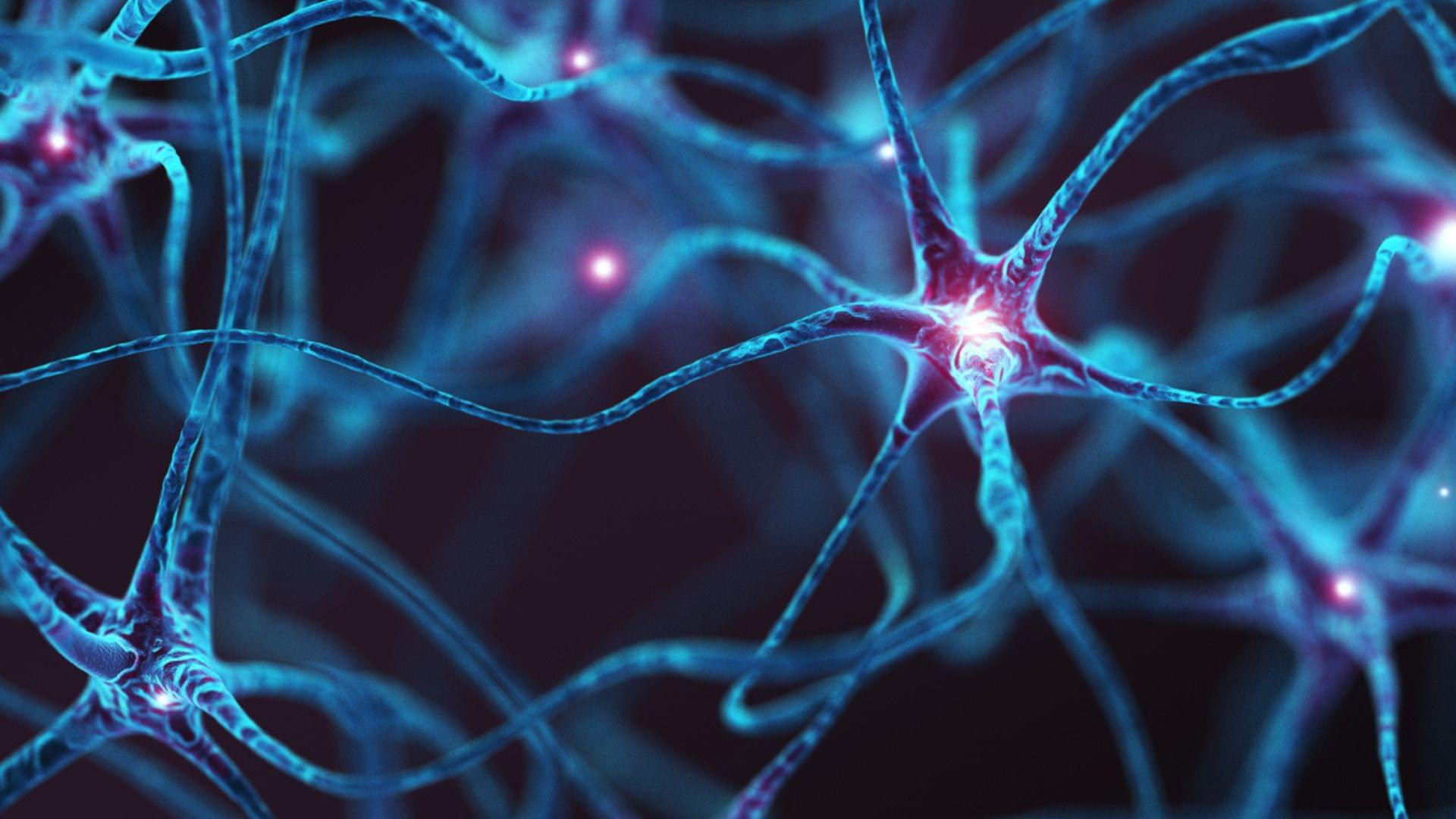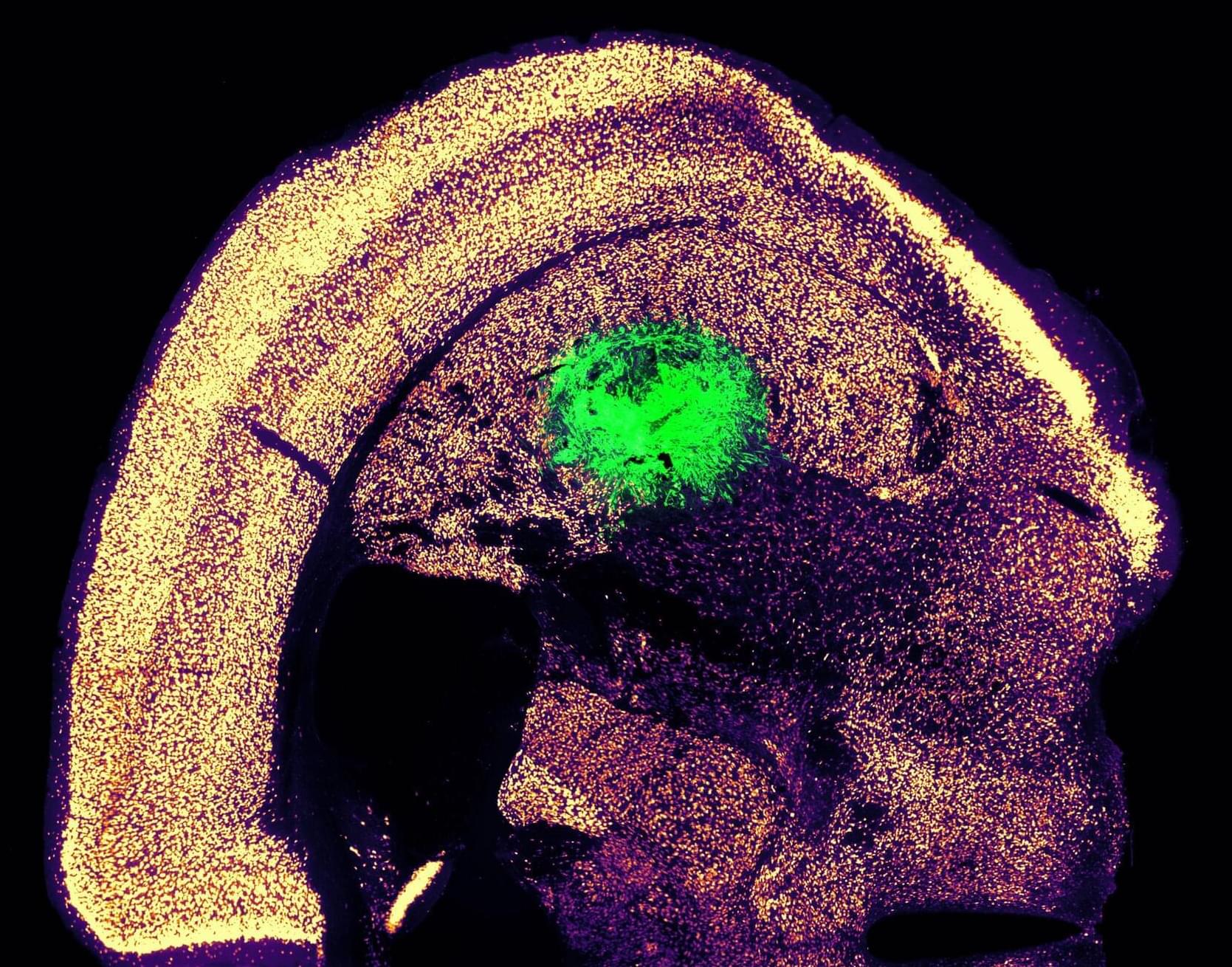With rapid technological advances, social media has become an everyday form of human social interactions. For the first time in evolutionary history, people can now interact in virtual spaces where temporal, spatial, and embodied cues are decoupled from one another. What implications do these recent changes have for socio-cognitive phenotypes and mental disorders? We have conducted a systematic review on the relationships between social media use and mental disorders involving the social brain. The main findings indicate evidence of increased social media usage in individuals with psychotic spectrum phenotypes and especially among individuals with disorders characterized by alterations in the basic self, most notably narcissism, body dysmorphism, and eating disorders.
